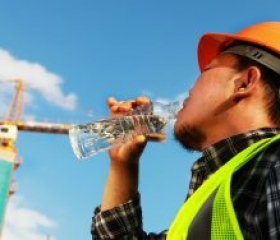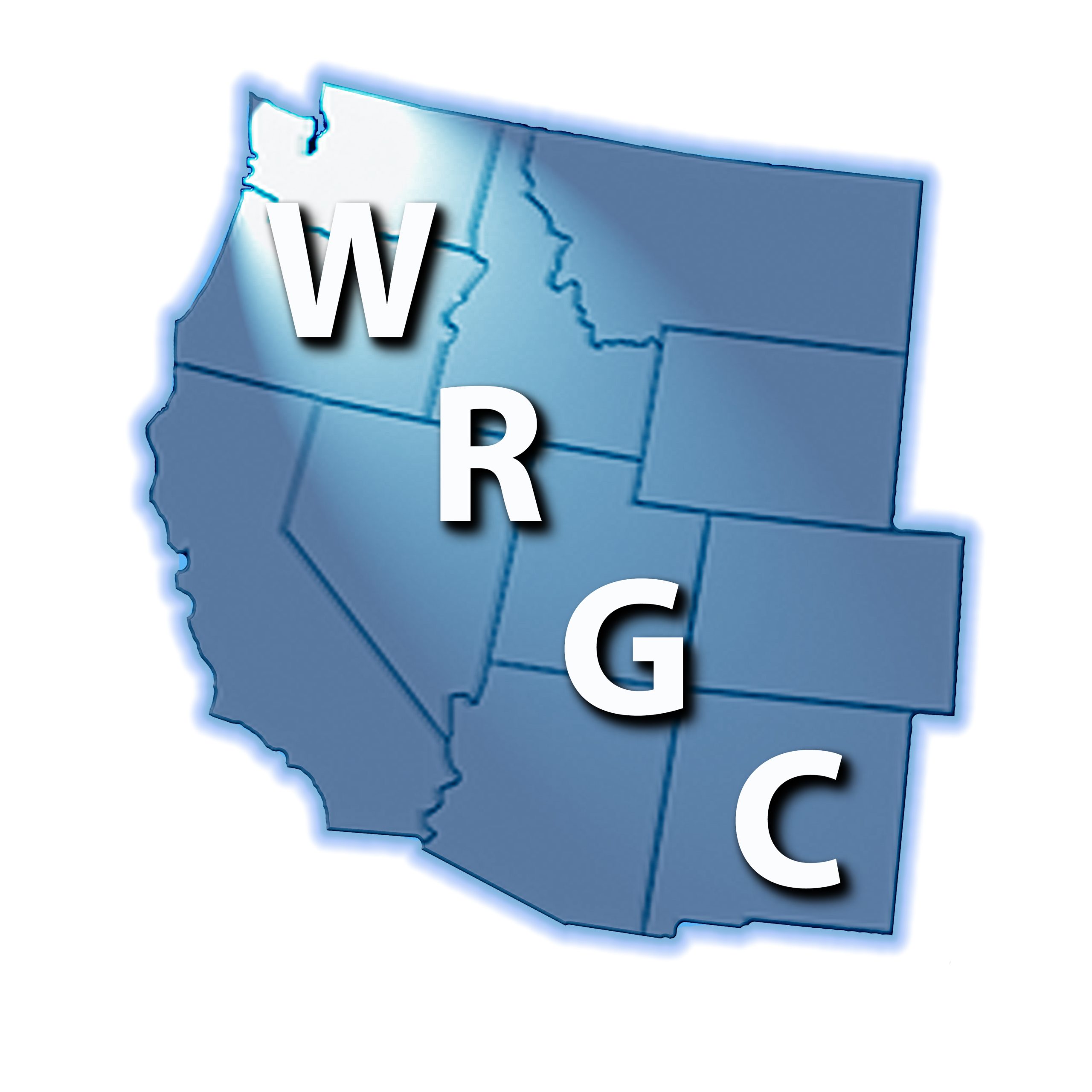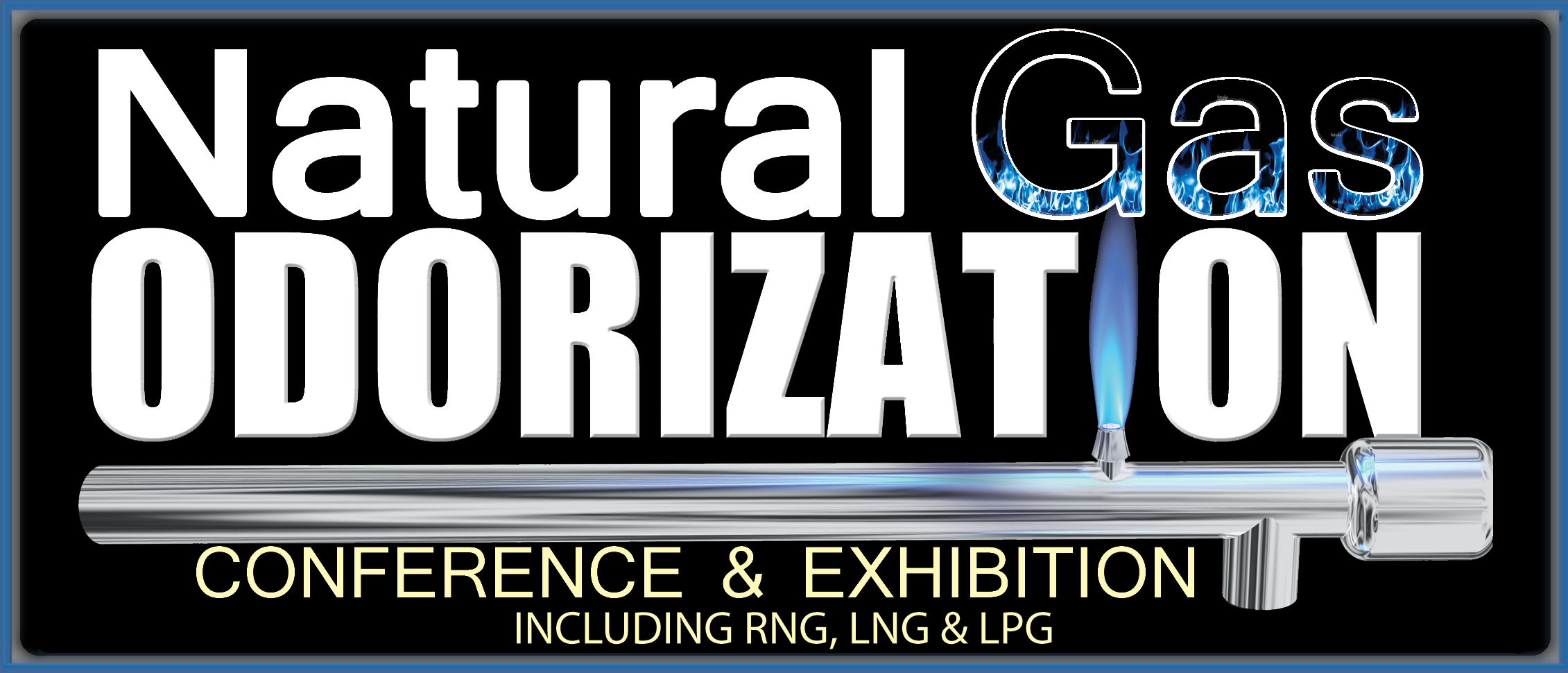Gas Leak Safety
There are important things to be aware of in your home to insure gas leak safety. Pipes or appliances powered by natural gas can develop leaks, which can have potentially negative effects. It’s important to be able to identify natural gas leak symptoms and to know what to do if you have a gas leak. If you detect any of the following signs of a natural gas leak in your house, contact 911 immediately.
- The smell of rotten eggs. In its natural state, natural gas is odorless and colorless. To make gas leaks easier to detect, gas companies add chemicals called odorants to create a natural gas smell similar to sulphur or rotting eggs. The stronger this smell, the more likely it is that you have a leak. You may get a slight whiff of this smell when turning on an older gas grill, but most energy-efficient grills made in the last 15 years should not produce an odor.
- Hissing sounds. Large gas leaks in pipes or appliances may produce hissing noises, even if the appliance is turned off. Check pipes and appliances regularly, listening for any hissing noises.
- Air bubbles outside your home. Natural gas leaks can also occur in underground piping outside the home. If you see bubbles in standing water—including puddles and mud—it may be a sign of natural gas dispersing through the soil and into the surrounding air.
- Dead or dying plants. Dead, dying or stunted plants inside or outside your home can be a potential sign of a natural gas leak, especially if you’ve been taking proper care of your plants. The presence of natural gas prevents a plant’s roots from absorbing oxygen and can lead to wilting. Natural gas leaks can also cause smaller-than-normal leaves on trees, wilted plants and yellowish patches of grass.
- Physical symptoms of natural gas poisoning. Breathing in low levels of natural gas can cause headaches, dizziness, fatigue, nausea and irregular breathing. High levels of natural gas exposure can cause natural gas poisoning, which is characterized by fatigue, severe headaches, memory problems, loss of concentration, nausea, loss of consciousness, and suffocation. If you believe you’re experiencing natural gas leak symptoms, contact a healthcare professional as soon as possible.
- Higher-than-normal gas usage. An increase in the amount of natural gas your home uses can indicate a natural gas leak. Seasonal increases in natural gas use is to be expected when using a gas furnace, but unexplained increases might suggest a leak somewhere in or around your home.
Learn more about gas leak safety in our “What Are the Dangers of a Gas Leak?” blog post.






